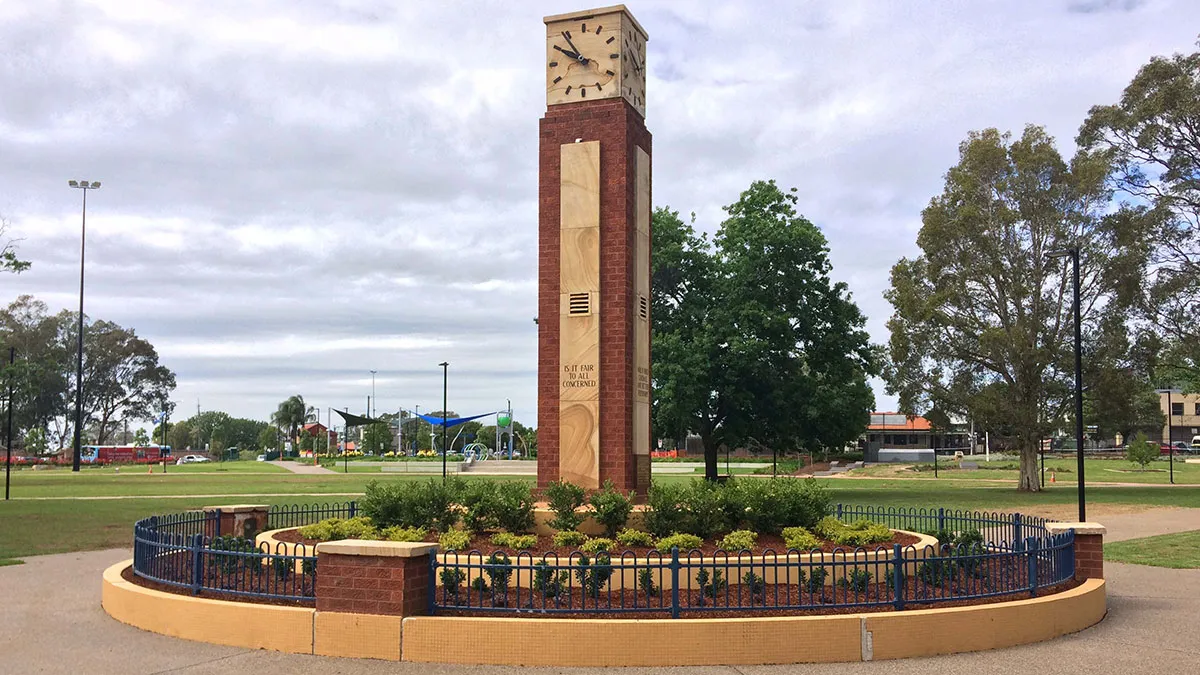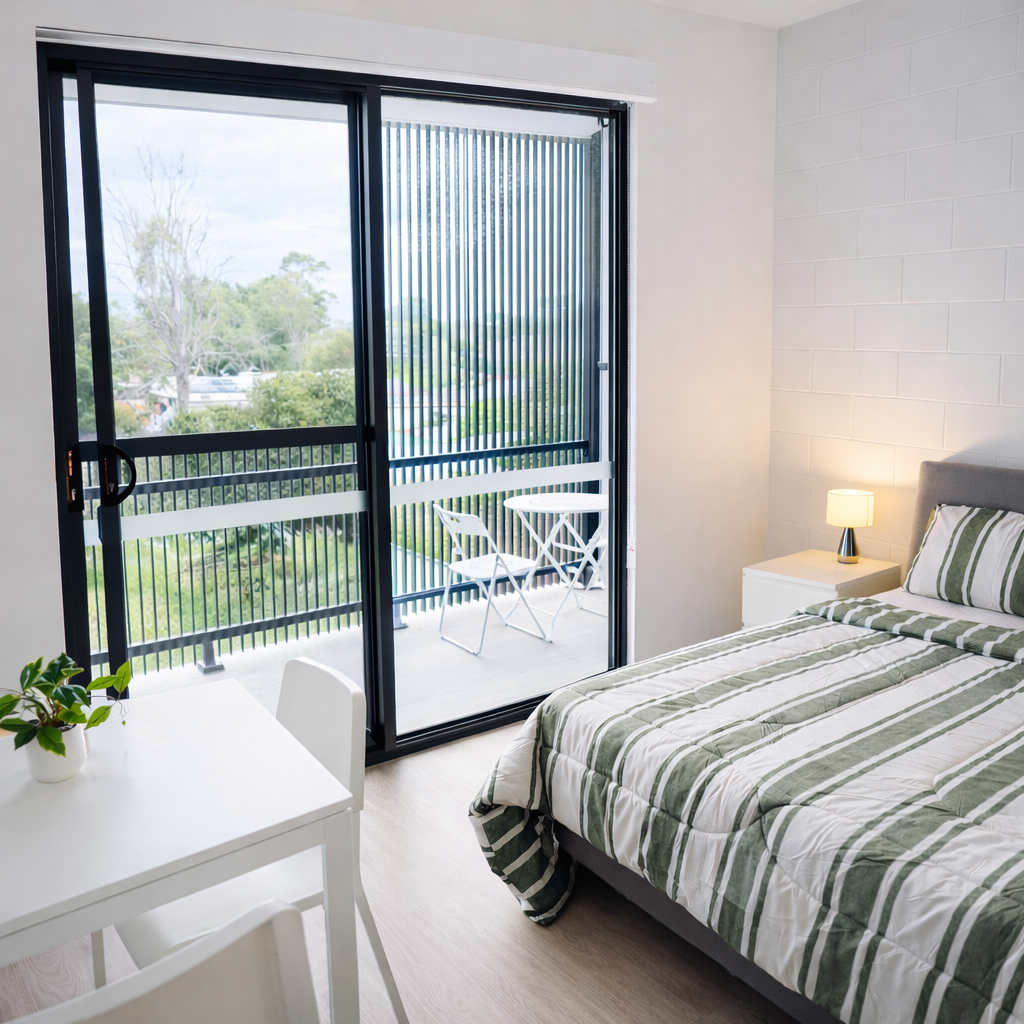NDIS Accommodation for People with Autism
Your home, your way. Experience the freedom of independent living at our homes tailored for people living with Autism. Choose your ideal location and be part of a supportive community environment, committed to helping you live the life you want.
Vacancies
No result found!
Accommodation for People with Autism
SIL Housing
Supported Independent Living (SIL) is tailored to assist participants with various aspects of their daily lives in a shared living environment. Below is a detailed list of services typically included in SIL, each designed to foster independence and enhance quality of life for residents:
- Daily Personal Activities
Assistance with essential daily routines including getting out of bed, showering, dressing, and grooming to maintain personal hygiene and dignity.
- Meal Preparation and Nutrition
Support in cooking and meal preparation to ensure dietary needs are met, encompassing meal planning, grocery shopping, and the preparation of nutritious meals. This may also include education on healthy eating and assistance during meals if needed.
- Medication Management
Help with managing and administering medications, providing reminders to ensure medication is taken at the proper times and monitoring for any side effects.
- Financial Management
Guidance in budgeting, paying bills, and handling financial transactions to build financial independence and security.
- Transport and Access to Community Services
Assistance with transportation needs to facilitate participation in community and social activities, including support in using public transport and escorting to various appointments and events.
- Household Tasks
Support in maintaining a clean and safe living environment through tasks such as cleaning, doing laundry, and performing basic home maintenance.
- Behaviour Support
Implementation of specialised strategies designed to manage and minimise challenging behaviours through positive engagement and intervention techniques.
- Health and Well-being
Assistance in accessing healthcare services and participating in exercise routines that promote physical health and well-being.
- Social and Community Participation
Encouragement and support in engaging with community activities, social outings, and educational opportunities to foster a sense of belonging and personal development.
- Skill Development
Training and support in developing skills for greater independence, such as cooking, cleaning, and traveling, tailored to individual learning goals and needs.
For people with autism, SIL can be particularly beneficial as it often involves highly individualised support plans tailored to meet their specific needs and preferences. The predictability and routine inherent in SIL environments can be comforting for people with autism, who may thrive in structured settings. Additionally, SIL providers often employ staff trained in autism-specific challenges, ensuring that residents receive understanding and compassionate care.
SDA Housing
Specialist Disability Accommodation (SDA) refers to housing that has been specially designed or modified for people with significant functional impairments or very high support needs. For people with autism, SDA can offer several benefits:
- Customised Living Spaces
SDA housing units are often customised to minimise sensory overload, a common issue for many with autism. This can include modifications like soundproof rooms, adjusted lighting levels, and spaces designed to reduce anxiety and stress. - Safe and Secure Environment
Enhanced security features ensure that residents are safe, which is particularly important for those who may have tendencies to wander. - Integration with Therapeutic Support
SDA homes can be equipped with facilities that support ongoing therapeutic interventions, such as in-house speech therapy or behavioural counselling, integrating care and accommodation seamlessly.
Respite (Short-Term Accommodation)
Short-term accommodation or respite care provides temporary relief for carers, offering a safe and supportive environment for people with autism to stay while their primary caregivers take a break. This type of accommodation is invaluable as it helps prevent caregiver burnout, ensuring that care remains consistent and effective. For people with autism, respite care can also be an opportunity to experience new environments and socialise with different people under professional supervision, which can be beneficial for their social skills and adaptability.
Medium-Term Accommodation
Medium-term accommodation serves as a transitional housing option, ideal for people with autism who are in between long-term housing placements, undergoing a life transition, or recovering from a medical procedure. This type of accommodation ensures that during periods of change or uncertainty, people with autism continue to receive the support they need in a stable, understanding environment. It allows for continuity of care and support, which is critical in maintaining the well-being of people with autism during potentially stressful times.
Accessing NDIS Accommodation for Autism
To access NDIS accommodation for autism, it's crucial to have a well-prepared NDIS plan that clearly outlines the individual's needs and goals. Engaging with NDIS planners or coordinators with a deep understanding of autism-specific requirements can enhance your plan's effectiveness. When considering your options, focus on:
- Assessing Individual Needs
Determine the level of support and type of accommodation that best suits the individual's needs. - Understanding Costs
Familiarise yourself with the pricing and funding available under NDIS to cover accommodation costs. NDIS price guides and support catalogues provide detailed information about what can be claimed and under which categories. - Choosing Providers
Select service providers like United For Care, known for their experience and positive track record in handling specialised disability accommodation for autism.
Related:
Interested in Functional Capacity Assessments for Autism? Our friendly team can help you out.
Interested in Positive Behaviour Support for Autism? Our team can help.
Frequently Asked Questions
There are several types of accommodations available under the NDIS tailored to meet the needs of people with autism, including Supported Independent Living (SIL), Specialist Disability Accommodation (SDA), Short Term Accommodation (STA or respite), and Medium Term Accommodation (MTA). Each type is designed to cater to different levels of need and support, from highly structured environments to temporary housing solutions.
Choosing the right type of accommodation depends on several factors including the person’s needs, their level of independence, the degree of support they require daily, and their personal preferences. It's important to discuss these needs during the NDIS planning process. Assessment by a professional, such as an occupational therapist, can also provide guidance on the most suitable accommodation type.
The process begins with an NDIS planning meeting where you discuss the individual's needs and goals. It is crucial to include accommodation needs in the plan. Following this, you can work with NDIS providers like United for Care to explore and secure the accommodation that best fits the person’s needs.
Yes, transitions should be planned carefully to minimize stress. Consider gradual introductions to the new environment, maintaining familiar routines, and involving familiar care personnel in the transition process. Consistency and predictability are key in supporting people with autism during changes in living arrangements.









.webp)
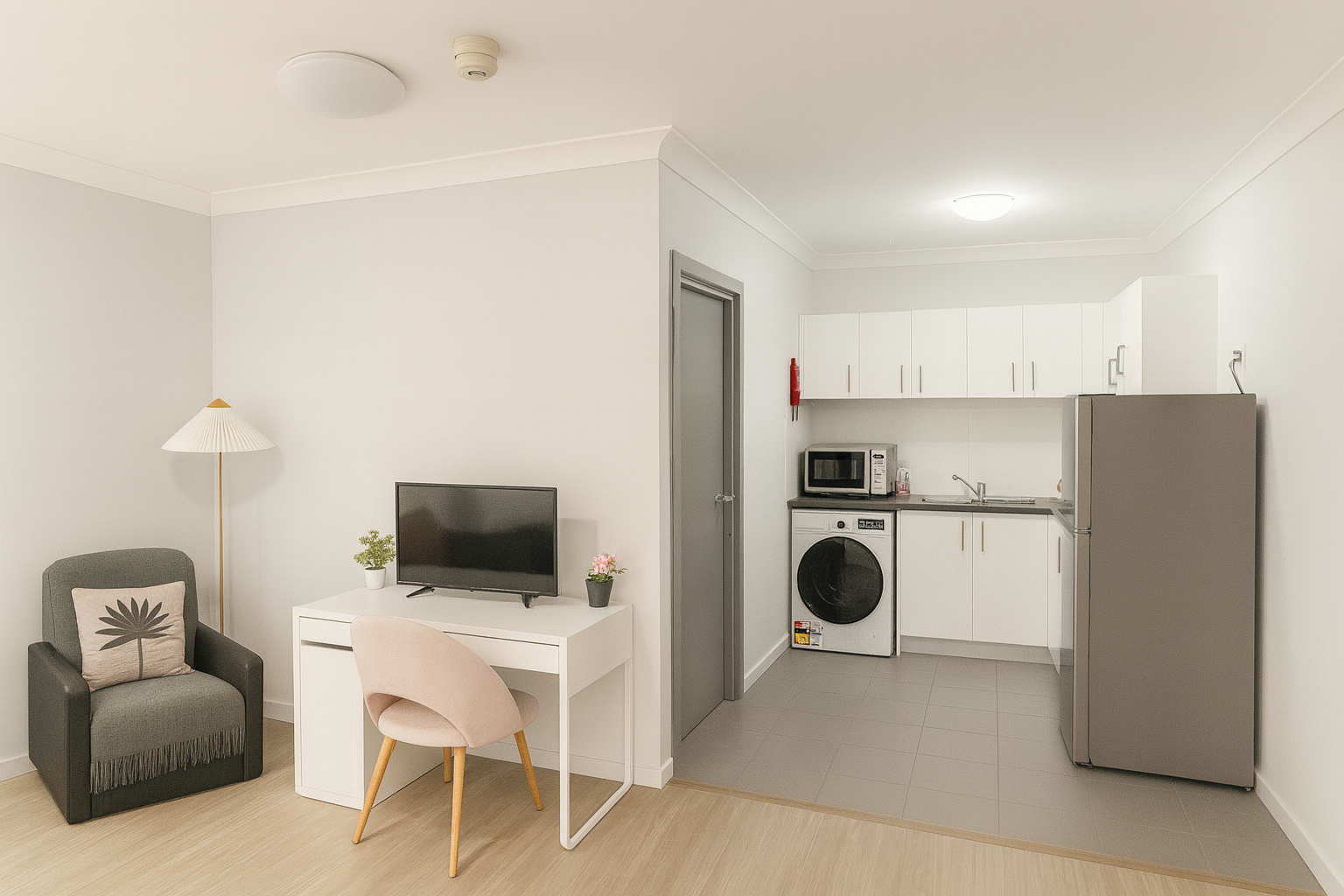
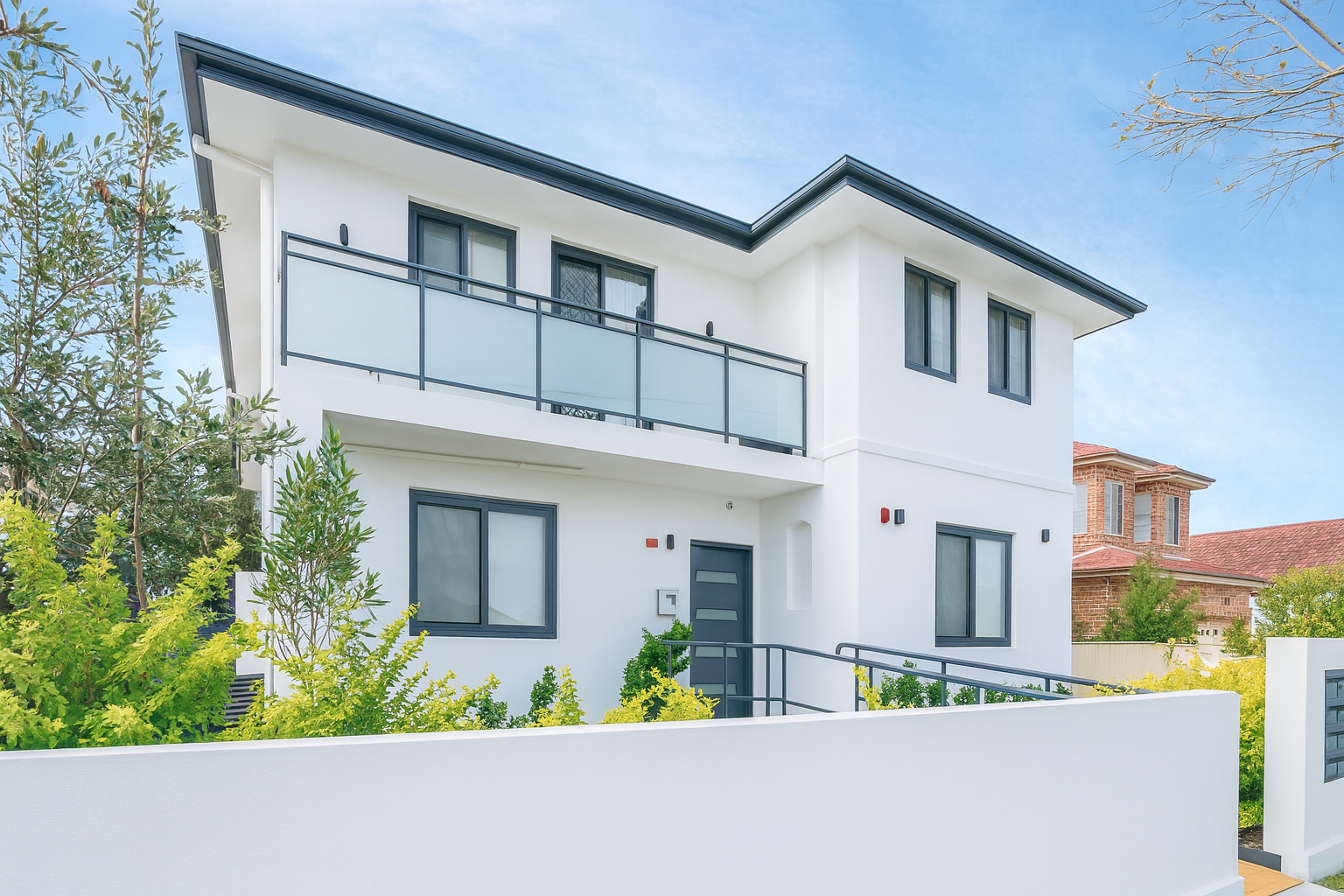
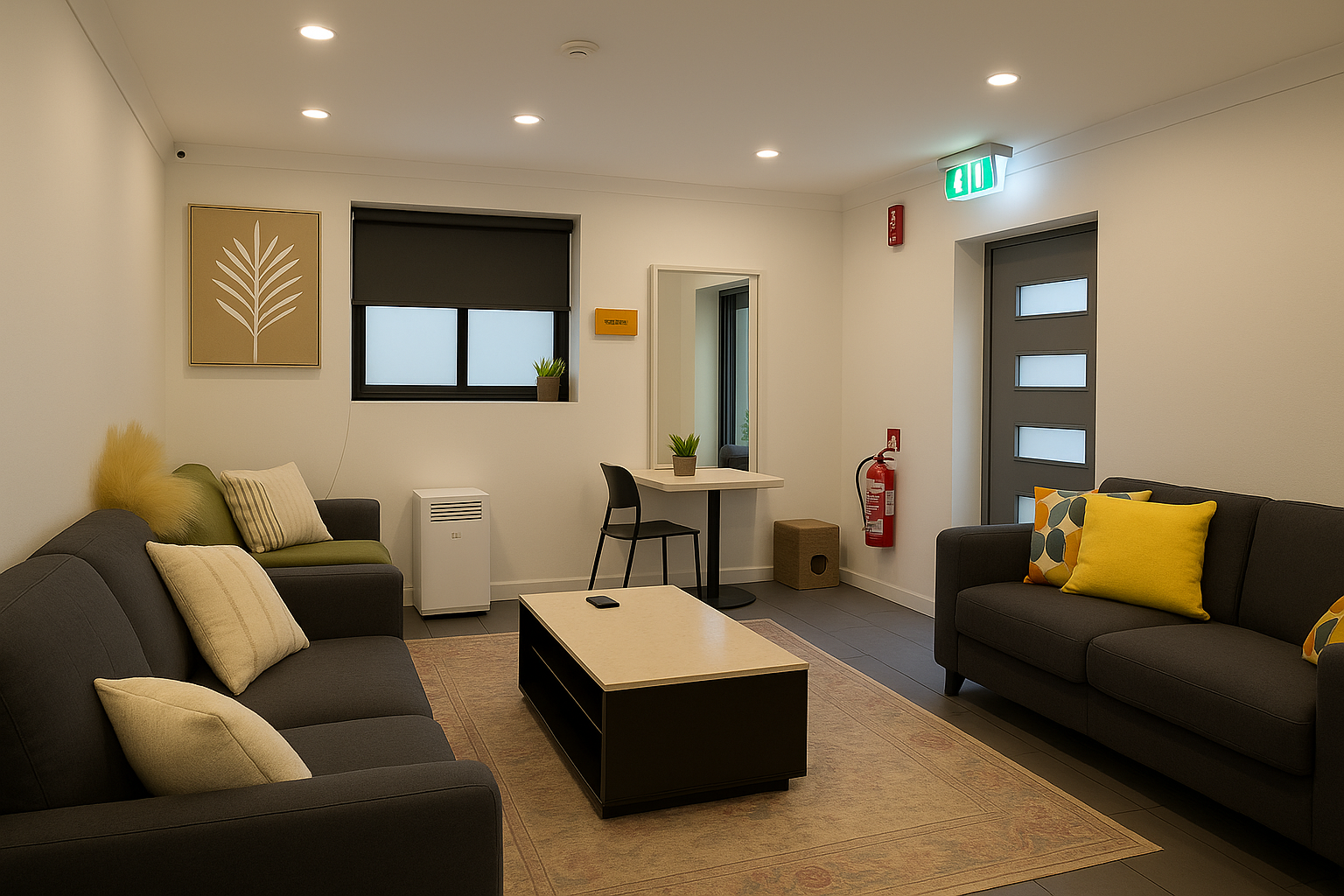
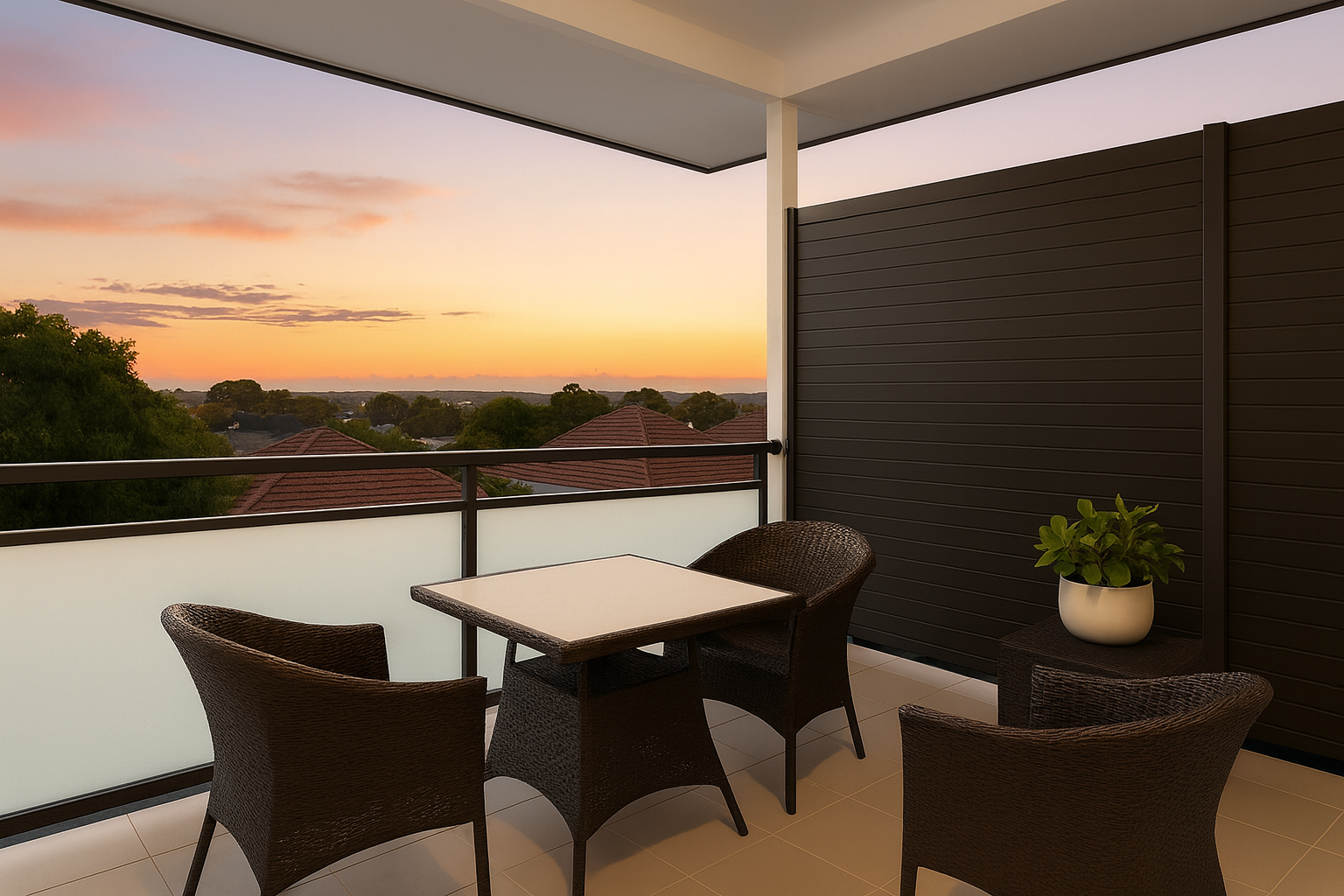







.webp)

.webp)

















